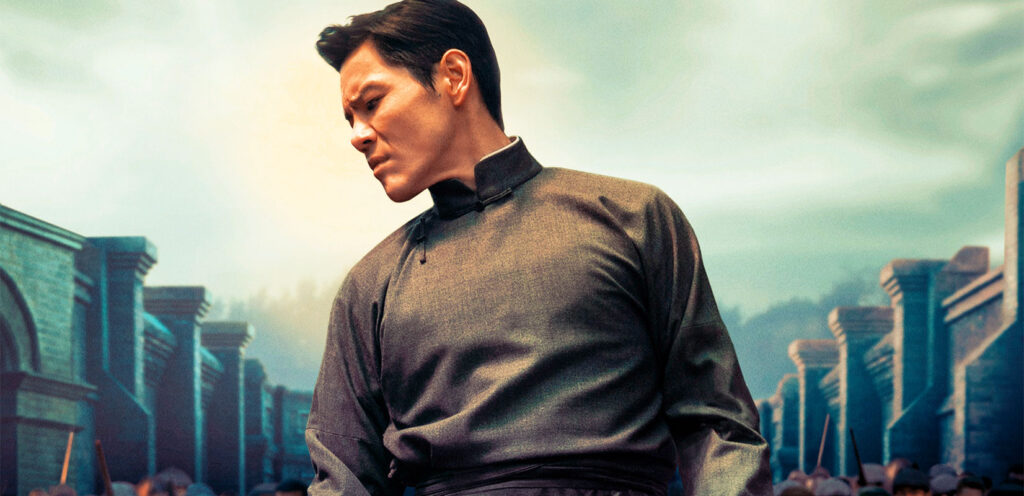100 Yards is the latest martial arts film scripted by Haofeng Xu, the acclaimed writer behind The Final Master and The Sword Identity. Known for his commitment to authenticity and deep understanding of martial arts, Xu’s scripts often explore the art form’s historical and philosophical dimensions while keeping the choreography grounded and precise. Xu’s latest, 100 Yards, combines his trademark realism with the feel of a film noir flick. Although visually striking and filled with impressive fight scenes, 100 Yards ultimately falls short due to its convoluted plot, baffling character motivations, and lackluster acting.
Unfortunately, the storyline lacks the same precision and clarity as the fight scenes. While the film attempts to juggle multiple storylines, it loses direction, leaving viewers trying to untangle the characters’ actions and motives. The plot introduces numerous threads, from revenge quests to complex power struggles, but fails to unite them cohesively. When the film reaches its climax, it feels like it’s lost track of its purpose.
However, 100 Yards truly shines in its action choreography. The fight scenes stand out not for their speed or stylized flair but for their authenticity and precision. Each move feels deliberate, with a weight and rhythm rare in today’s action films. The choreography has a refreshing sense of realism, almost as if the film invites viewers to appreciate each movement rather than overwhelm them with spectacle. It’s a throwback to traditional martial arts films, where the skill of the fighters and the technique of the moves take precedence over flash and dazzle.
Although visually striking and filled with impressive fight scenes, 100 Yards ultimately falls short due to its convoluted plot, baffling character motivations, and lackluster acting.
The film also benefits from its unique visual style. Set in the roaring ’20s, it uses film noir-inspired cinematography and a moody, jazz-infused score to bring a sense of place and time to its story. Visually, the film balances style with simplicity, directing the viewer’s attention to the fight choreography without unnecessary distractions. This no-nonsense approach keeps the focus on the martial arts.
The film’s climax, however, is a standout moment. It delivers an intense showdown that encapsulates everything the movie does well. The climactic battle is precise and brutal, giving viewers one last display of the impressive martial arts choreography that defines the film. It’s a shame that this highlight comes so late. After such a meandering narrative, it finally offers a glimpse of the potential the film could have reached.
Despite the solid visuals and compelling fight choreography, 100 Yards stumbles when it comes to the performances. The acting is mainly indifferent, with few moments of emotional connection or depth from the main cast. While some characters have intriguing backstories, their lackluster portrayals make it difficult to fully invest in their journeys. This detachment from the characters adds to the overall sense of disjointedness in the film as if the actors themselves are just going through the motions rather than fully inhabiting their roles.
Overall, 100 Yards is a mixed bag. It’s a film with moments of brilliance, particularly in its authentic fight scenes and striking cinematography. Yet, these strengths are overshadowed by an overly complex plot and characters who fail to resonate. It’s definitely worth a watch for the craftsmanship of the action alone—but temper your expectations for the film itself.
Rating: 3/5 atoms

100 Yards hits theaters on November 8th.







